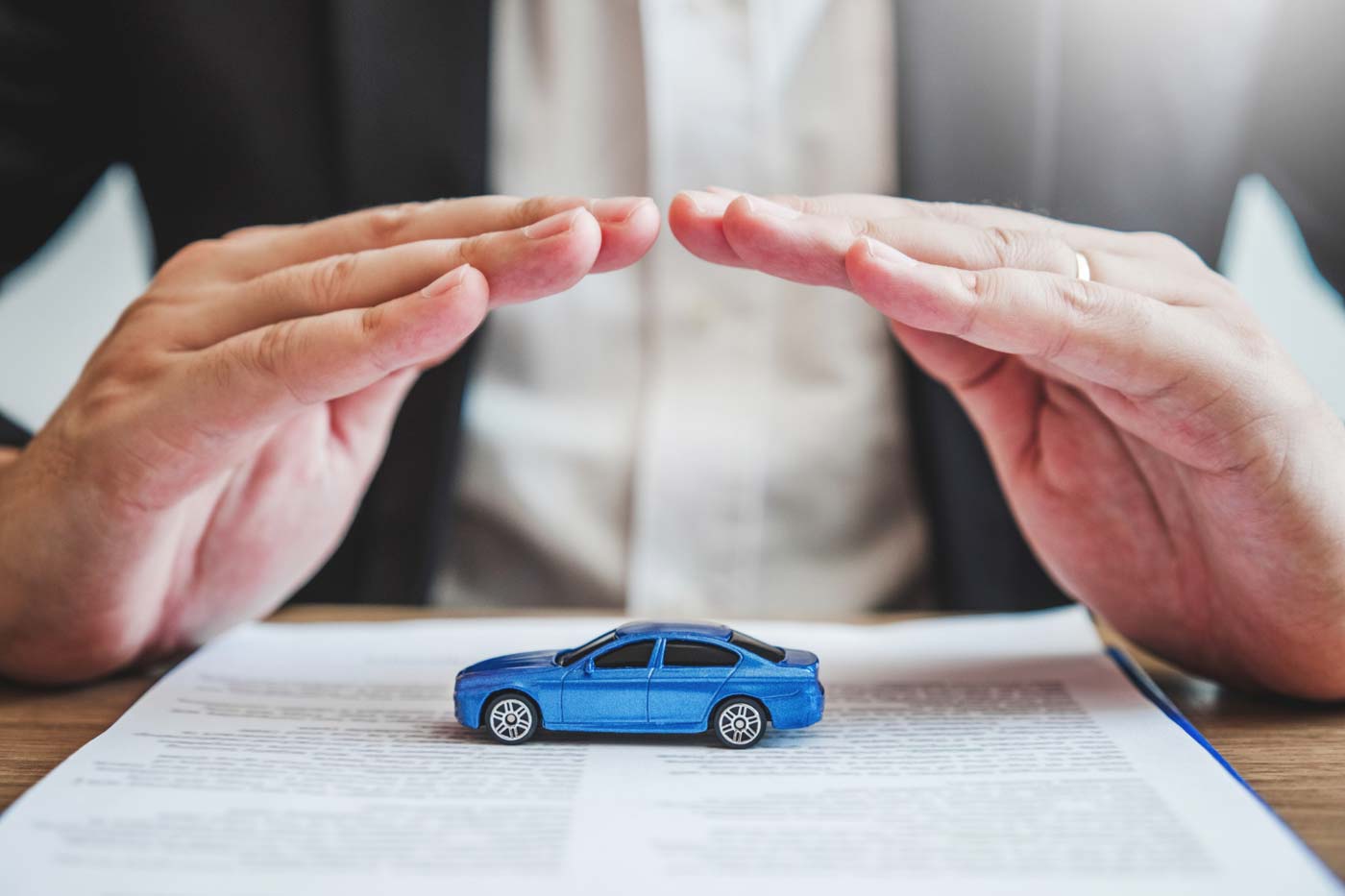When Leasing A Car, Is Insurance Included?
- January 11, 2023
- 6:51 pm

Share This Post
Table of Contents
When leasing a car, you may be wondering, is insurance included? All car rental agencies must carry some form of auto insurance, whether full coverage, third-party liability, or third-party fire and theft. Since insurance is included in your rental car package, you don’t have to worry about securing it separately.
But before signing a contract with the lowest rates in town, you should consider the following 8 factors:
Car Leasing Package
When you lease a car, insurance coverage includes the following:
- Roadside assistance
- Accident repair & claims
- Servicing & maintenance
- Replacement vehicles
In addition to leasing services, most car leasing companies also offer add-ons and other benefits at slightly higher prices.
- Roadside assistance: Most leasing companies would like you to call their hotline for roadside assistance (accident recovery, vehicle breakdown, towing services, etc.) regardless of your status as a customer. The primary difference is the cost of these services and the amount you, the driver, are responsible for.
- Accident repair and claims: Accident recovery, accident reporting, insurance claims, and damage repairs.
- Servicing and basic wear and tear maintenance: These are typically included in most packages. However, costs associated with damaged parts that are not considered normal wear and tear may be excluded.
- Option to change car model mid-lease: Your needs for a car may change mid-lease. Some companies offer the option of upgrading or switching car models in the middle of a lease for a fee.
Insurance Excess And Collision Damage Waiver (CDW)
Insurance excess is the amount you are responsible for paying in the event of an accident. This is the additional payment (excess) that you, the policyholder, will be required to make in case of a claim.
Collision Damage Waiver (CDW) is an add-on option offered by car leasing companies to reduce your liability. Depending on your policy, this may cover anything from the bodywork to the cost of repairing the entire vehicle.
Keep an eye out for insurance excesses that seem suspiciously high, as this could indicate that the stated amount is not the total amount you will be required to pay. Instead, it could be broken down into “total,” “own damage,” and “third party damage” excess.

Prices And Auto Insurance

Read what you agree to before you sign. If you’re not careful, hidden costs can hurt your wallet. Some companies may have base lease rates, but they may not tell you about other fees that appear out of nowhere when you return the car.
The warranty is another important thing to look out for. Find out what your warranty covers and what you’re responsible for in case of an accident or something else.
Always double-check your warranty coverage and liability, as well as fees that aren’t included in the contract, like road tax, lower-than-average insurance excess, excessive wear and tear costs, early termination fees, and extra costs for going over the mileage limit.
Speed Limits
If you’re leasing a car, you should see if there’s a limit on annual mileage; most agreements set limits between 12,000 and 15,000km.
If you are concerned about exceeding a certain number of miles in your leased vehicle, you should also review the terms of your lease. Unless you’re renting an exotic or supercar, most Singapore leasing companies won’t cap your annual mileage.
Rates may be slightly lower for those who agree to a mileage cap, usually between 12,000 and 15,000 kilometres per year (varies by dealer). When it comes to mileage limits, many drivers make the common mistake of severely underestimating their needs, resulting in hefty fines.
Gap Insurance
Gap insurance covers the difference between a vehicle’s residual value and the amount your auto insurer pays if the vehicle is totalled. Some lessors require you to purchase and include premiums in your monthly payments.
Security Deposit
You may be required to pay a security deposit, which the lessor may use to cover car damages or extra mileage charges when you return the vehicle. Your entire security deposit will be returned if you do not owe any additional fees.
Cap Cost
You may reduce your cap cost by negotiating the price, trading in a vehicle, or making a down payment, among other methods. Cap cost reductions can result in lower monthly payments because you pay for the depreciation between the cap cost and the residual value (the car’s value at the end of the lease).
Acquisition Fee
Some leasing companies charge an acquisition fee when arranging the lease. You might be able to negotiate this fee or locate a lease without one.
Conclusion On When Leasing A Car Is Insurance Included
At Hong Seh Leasing, car insurance is included when leasing a car. Be fully protected and discuss with us your leasing needs. Lease a car in Singapore now with Hong Seh Leasing.
We offer Comprehensive and Lease-to-Own packages in Singapore. We offer different leasing services for brands such as: Mercedes Benz, BMW, Toyota, and Lexus. We also offer electric van & lorry leasing for your travel needs.
Frequently Asked Questions On When Leasing A Car Is Insurance Included
What Is A Fully Comprehensive Insurance Policy?
Comprehensive auto insurance covers liability for property damage and bodily injury/death to third parties. It also covers damage to your vehicle caused by fire, theft, storms, floods, and accidents.
What's The Difference Between A Leased Car And A Car Rental?
Here are the main differences between leasing and renting a car:
- Rentals are for a few days or, at most, a few weeks.
- Leasing agreements are typically for several years.
What Should Additional Insurance Policies Be Considered?
Additional auto insurance policies you should consider before leasing include:
- Travel insurance
- Windshield and tires
- Rental car requirement
You may also check our article on car rental insurance to know more!
How Do I File A Claim For Rental Car Insurance?
Collect evidence from the scene; photographs and videos can be useful. Collect items such as medical certificates, invoices, and other expenses. Your insurance company will require notification of any accidents within 24 hours or the following business day.
If not, the insurer may not cover any claims related to the accident, and the renter may be responsible for all damages resulting from the accident. If necessary, take your vehicle to a certified shop.





